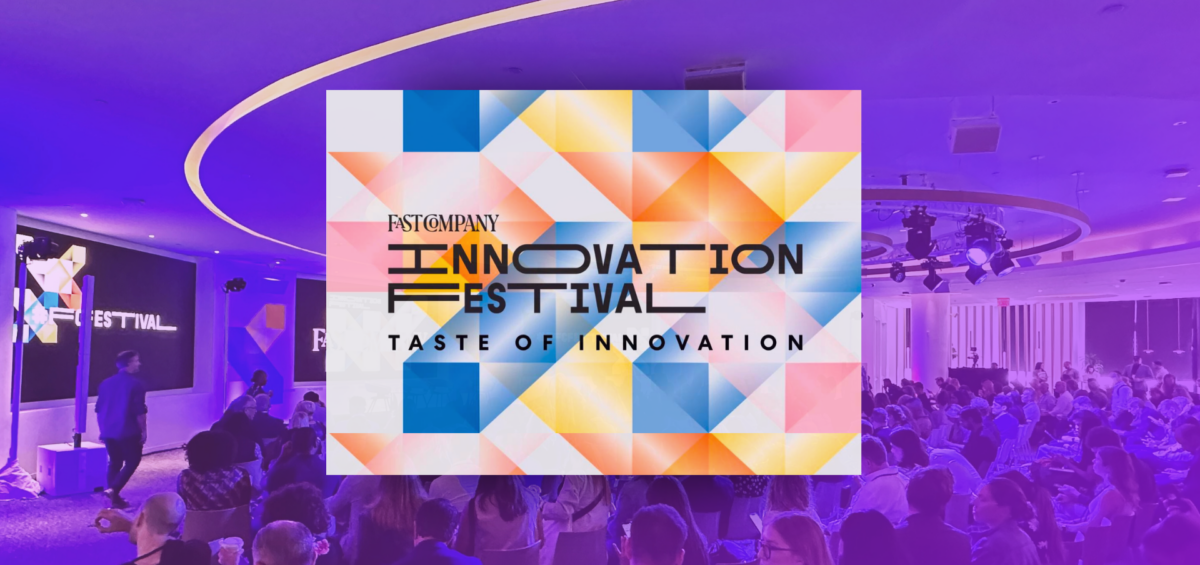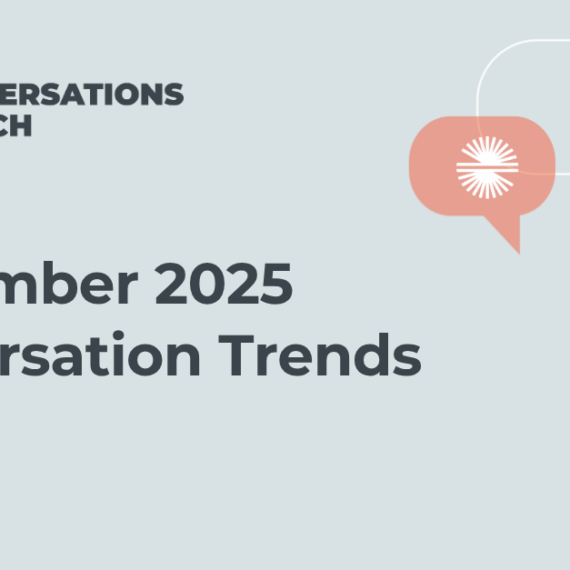On a bright, crisp, and clear day in New York City, I, along with thousands of other tech geeks, descended upon lower Manhattan to join together at the Fast Company Innovation Festival. Like many other conferences this year, the buzz and focus of the festival was all about Gen AI.
Since the announcement of ChatGPT toward the end of 2022, the conversation in tech this year has been dominated by Gen AI. Being a cybersecurity nerd, I have heard a lot about the peril and the concerns that Gen AI brings to the security industry – and, of course, there has also been an endless conversation about the promise and potential the technology holds.
While at the conference, I got to sit in on two panels that discussed the humanization of the technology. The clear takeaway from both was that humans are an integral part of artificial intelligence (AI). Without humans, AI is just a machine.
Humans feed the data sets that AI learns from, humans decide how to prompt the models, and humans explain the technology to other humans to inform and educate them.
How might we humanize AI?
The first panel focused on finding the “real emotion” in AI. The conversation centered on how humanizing technology can also make us fear it less and understand it more. Emily Oberman, Partner, Petagram, said “That’s why Apple works. They never make it about the technology. They tell their stories with humans, and that helps.”
During the second panel, the conversation about humanizing AI continued.
Philosopher Christian Madsbjerg said, “I’m not interested in the technology, I’m interested in humans and the magic of humans. If you look at the last six years, it’s as if there’s this sort of metaphysical idea that there’s always one thing upon which everything else is defined.”
He continued on to say, “Right now it’s AI. But a year ago, it was cryptocurrency, before that the same people said the metaverse would be the future of work…AI is important, but is it defining everything for us? That’s something we just don’t know yet.”
The moderator, Fast Company Staff Writer Jessica Bursztynsky, pointed out, “There are two narratives playing out right now: this will save humanity, or this will end humanity.”
I could not agree more, and while those conversations certainly make for excellent clickbait, the reality of the situation is that we are still in the early days of this technology. There is still so much more we have yet to see.
It’s human to be skeptical – and yes, even fearful – of things we don’t know or fully understand. It’s also important that we use the technology responsibly – and the steps being taken in Washington right now to better understand it, so it can be correctly regulated, are promising.
But it’s also important that we’re more precise in how we talk about it.
As Madsbjerg said, “There’s a lot of sloppy language being thrown around — for example, human-like intelligence – that AI has that. It does not. At the heart of being human is to care about something. Machines are different than that, and it’s extraordinarily dangerous to think otherwise. We need to clean up our language and start talking about humans and machines as two different things.”






